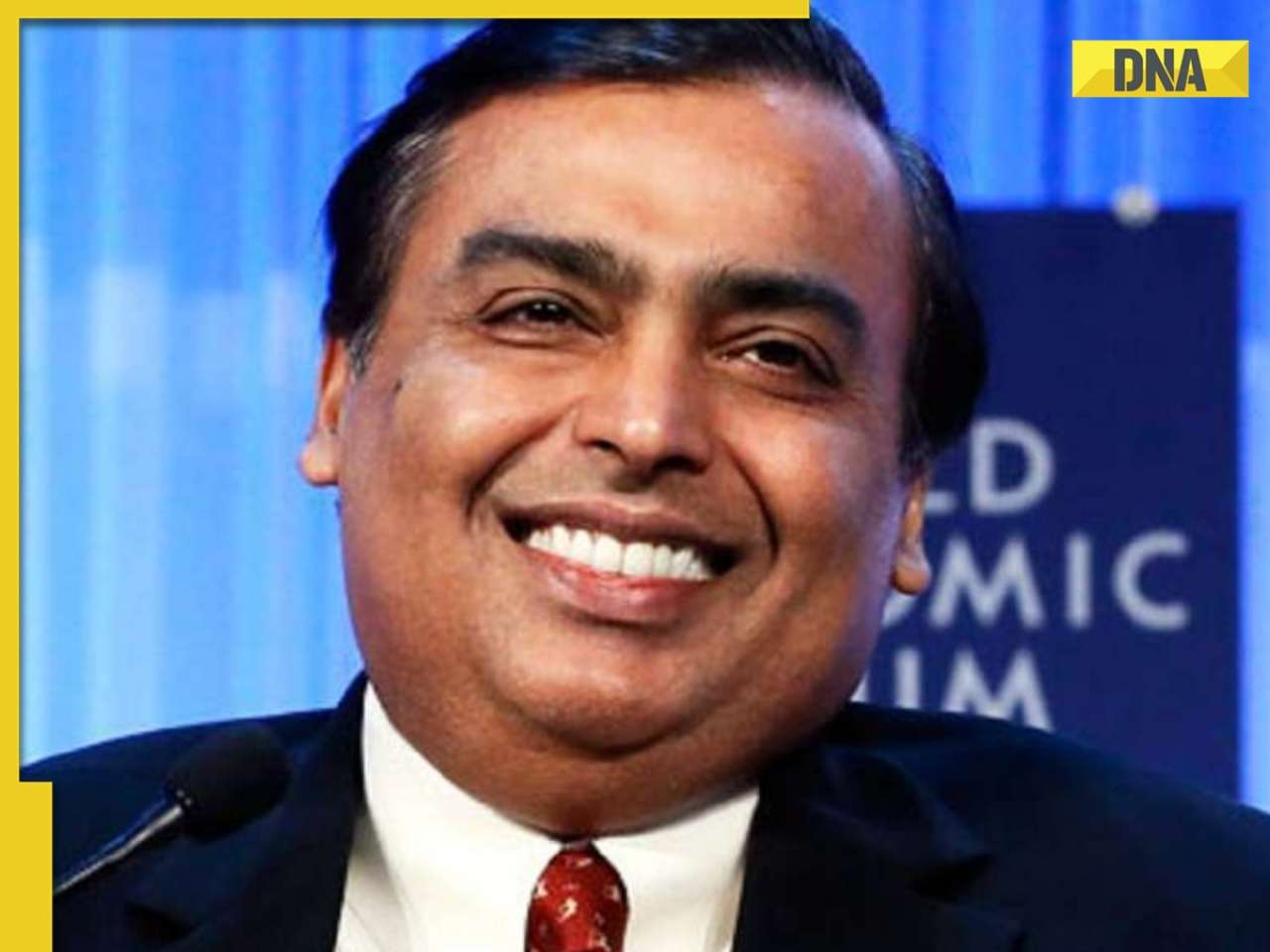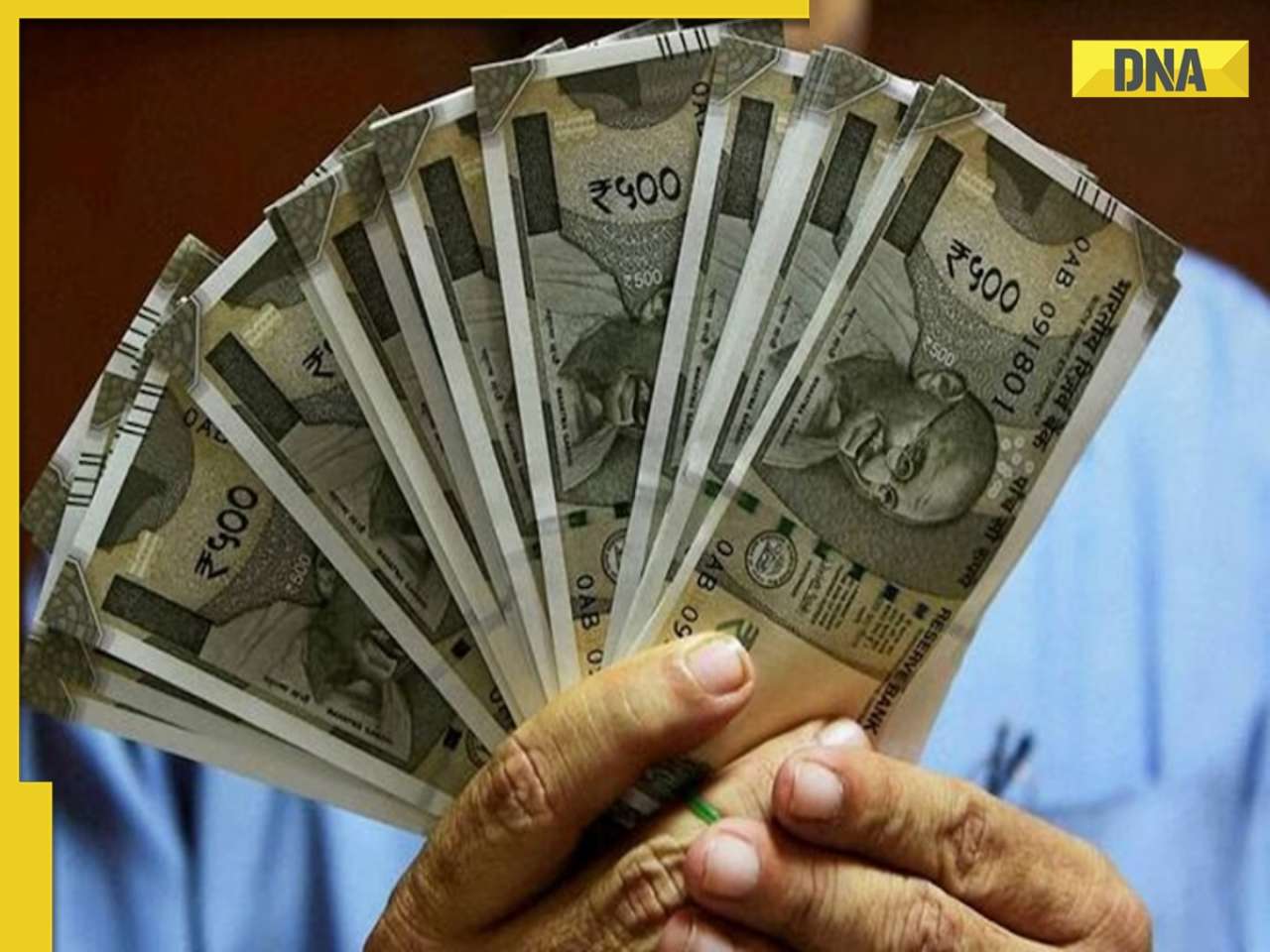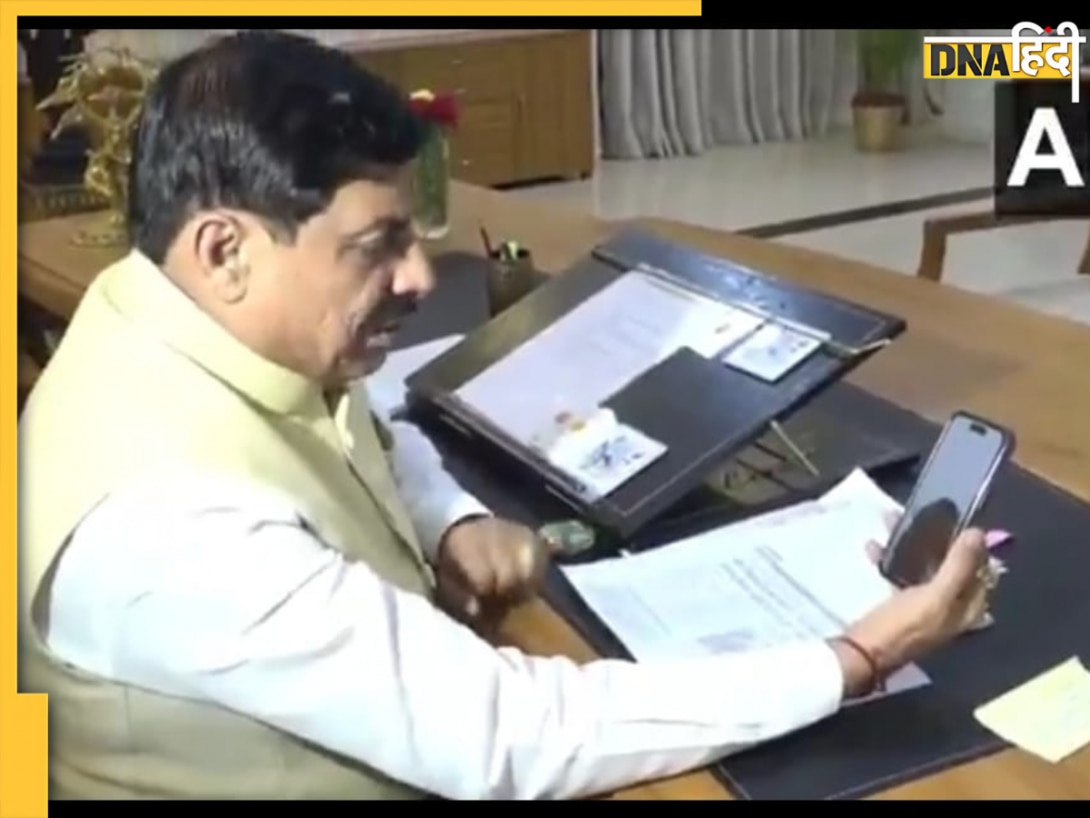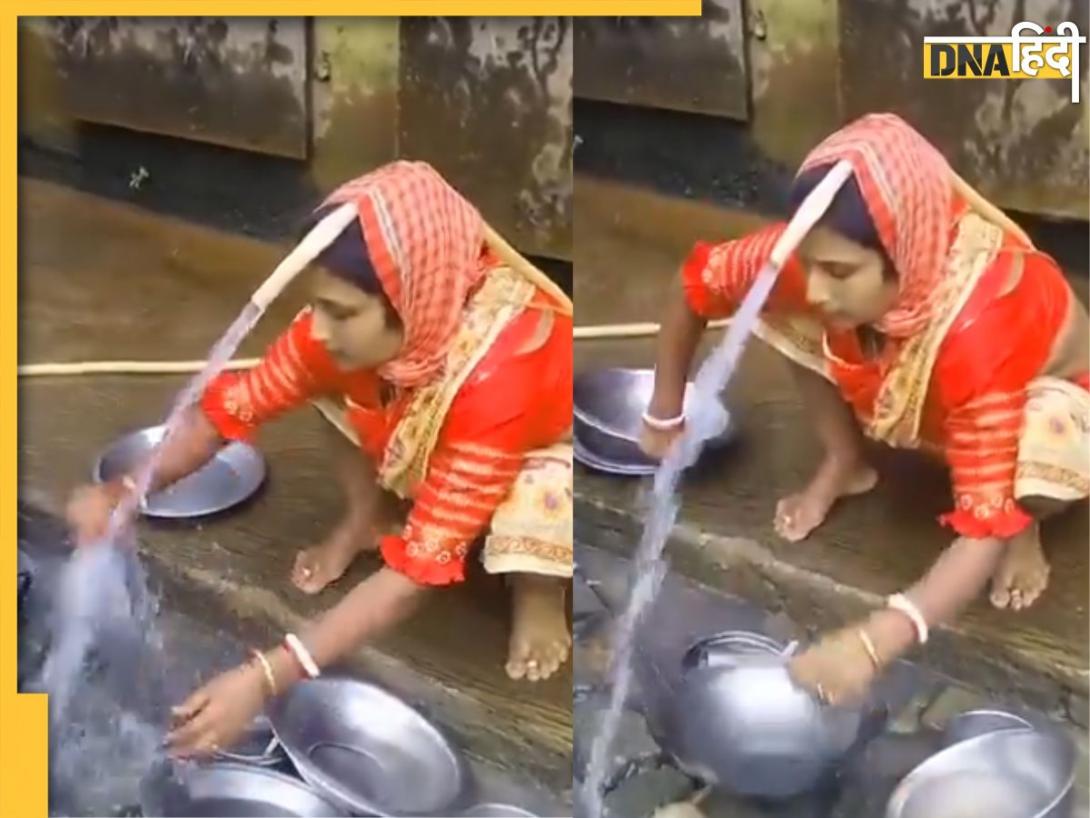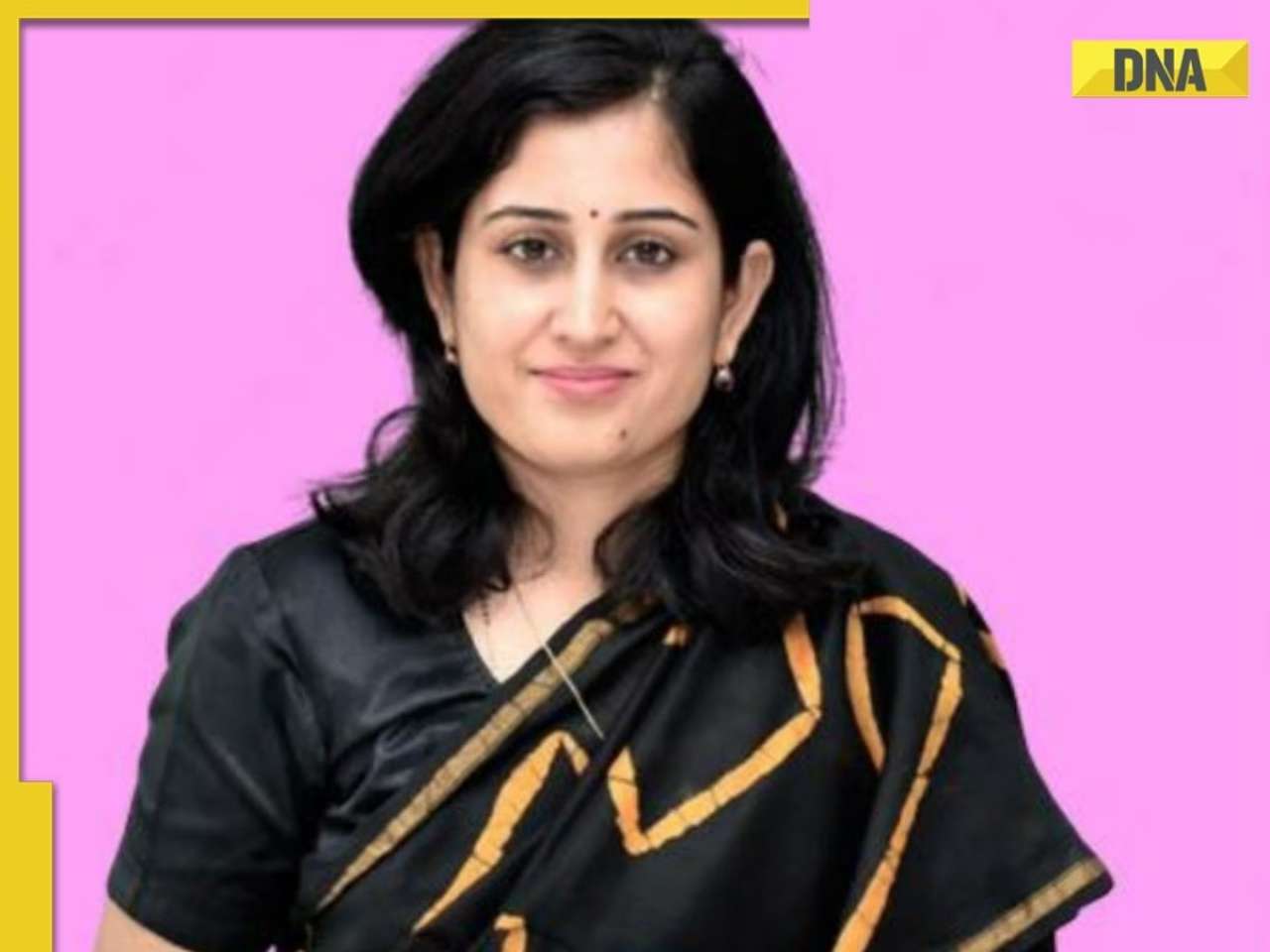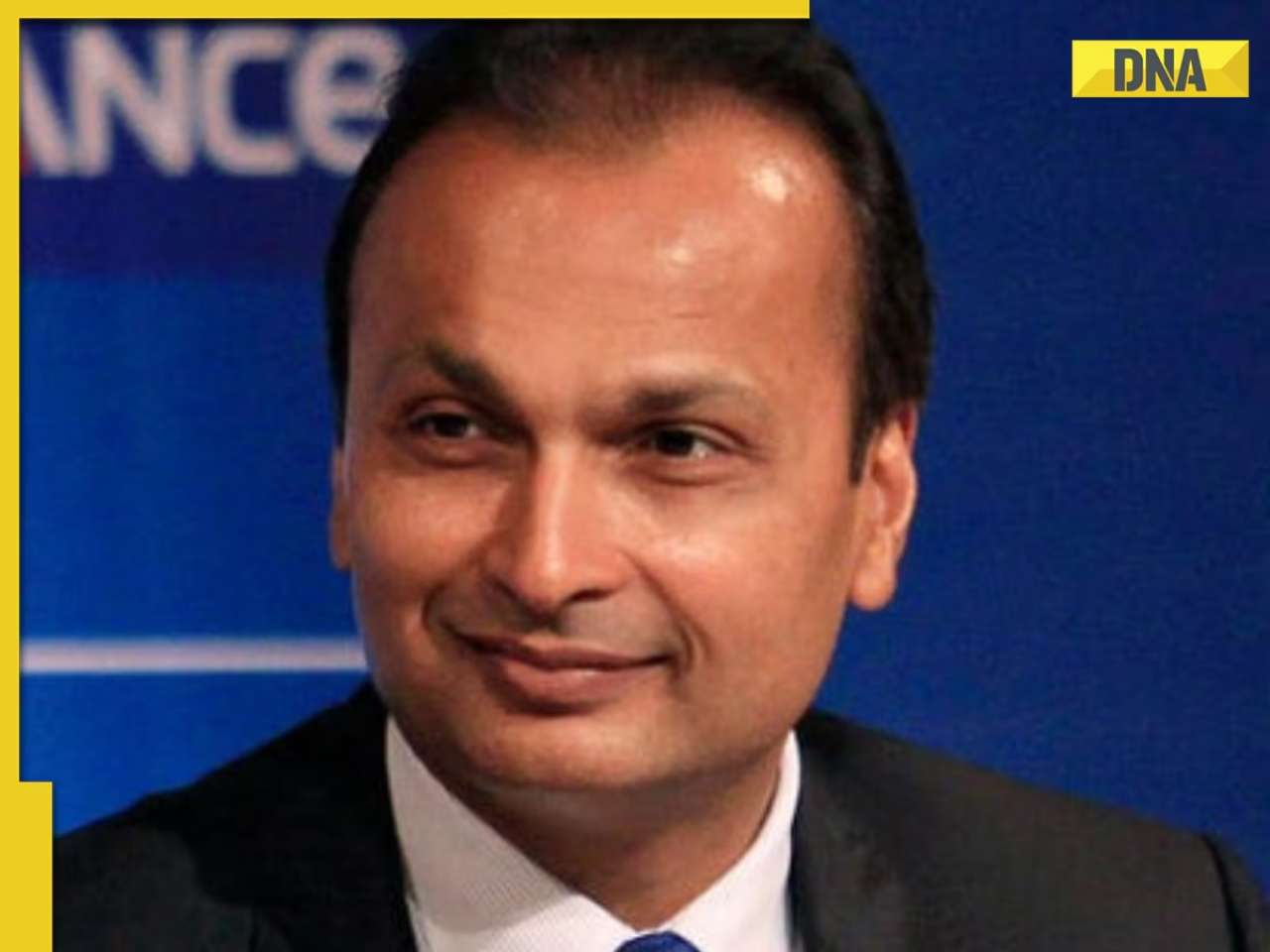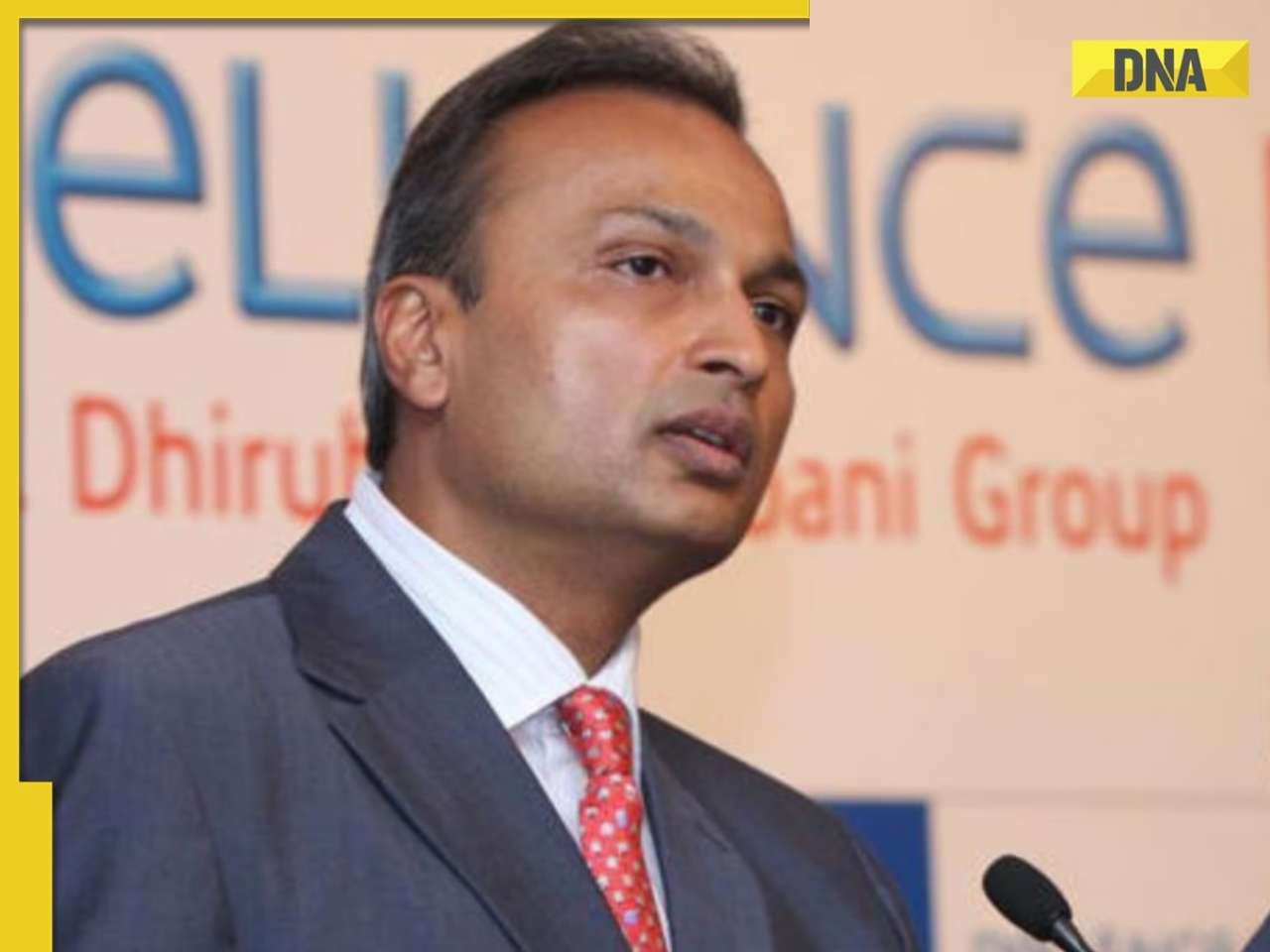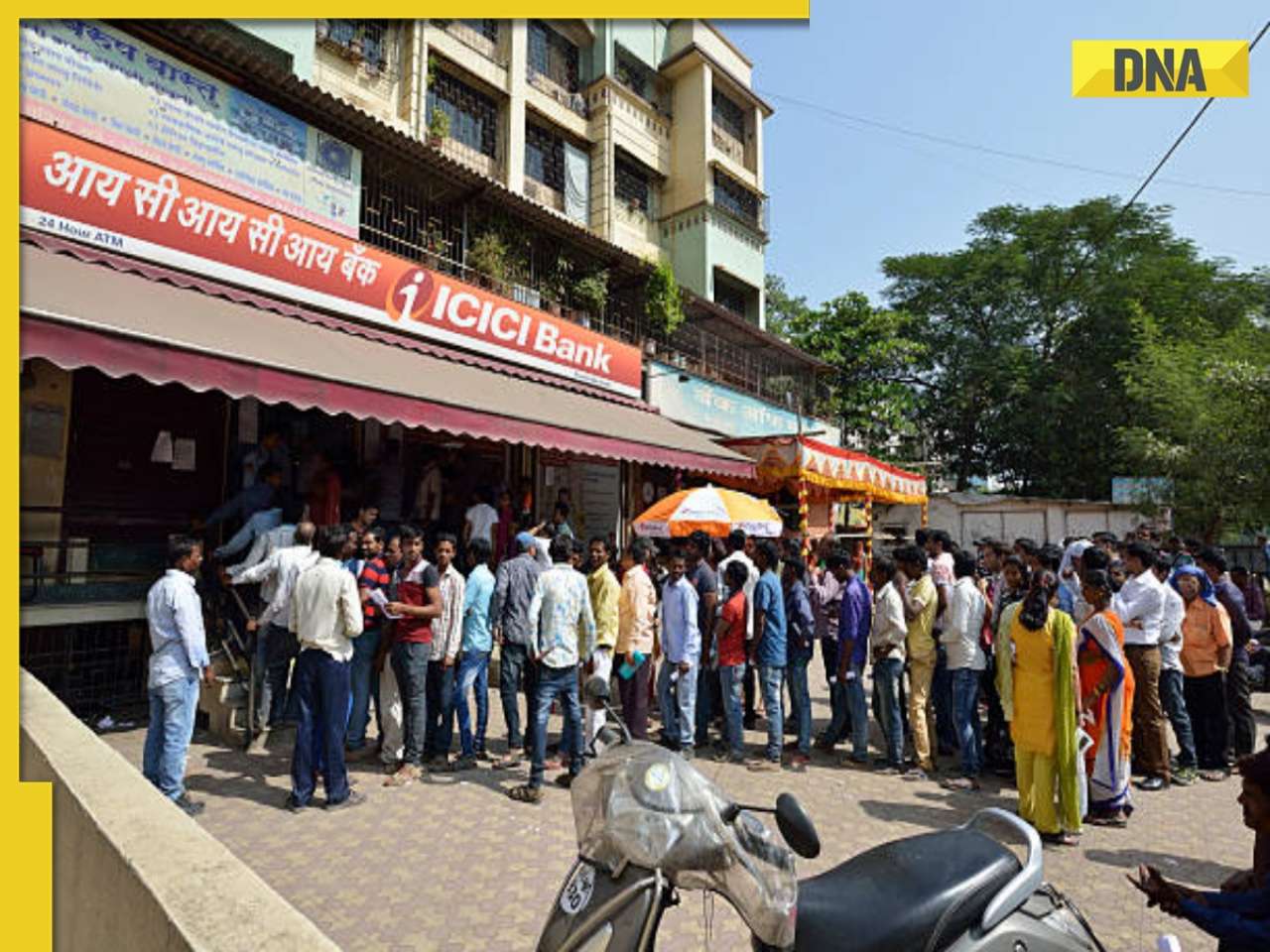- LATEST
- WEBSTORY
- TRENDING
ANALYSIS
This International Women's Day, make a promise towards gender equality
Do something small, something easy, to show you mean to make gender equality happen.
TRENDING NOW
Early in the 20th century, women’s rights activists felt the need for a single day around which they could undertake advocacy around the world. The result was International Women’s Day, adopted first by the women’s movement and much later, officially by the United Nations. The United Nations General Assembly found the day necessary as an affirmation that peace and security are incomplete without women’s rights and gender justice and as a moment to recognize the work women have done for equality, peace and development.
'Make it happen' is the theme chosen by the women’s movement for this year’s International Women’s Day “encouraging effective action for advancing and recognising women.” It mirrors the UN theme,'Empowering Women, Empowering Humanity: Picture it,' which is intended to highlight the Beijing Platform of Action adopted 20 years ago. The Beijing Platform, adopted by women’s rights activists from around the world in 1995 at the Fourth World Conference on Women, outlined a vision for each of 12 critical areas of concern: poverty, education, health, violence against women, armed conflict, economy/ livelihood, power and decision-making, institutional mechanisms, human rights, media, environment and the girl-child.
The discourse on women’s rights focuses too much on what governments can do and what we should expect from each other—the last week’s controversy over the BBC film is an illustration. But lasting change begins when our everyday lives start to change. How do we, as citizens, “make it happen” on a day to day basis? Here are some suggestions to start with.
The first area of concern in the Beijing Platform is poverty. The global gender wage gap exacerbates this. One simple point of departure is for us to pay women and men the same amount for the same work. This does not just mean that two CEOs should get paid the same, but that two people hired to wash a car should get paid the same amount.
Unequal access to education and training begins with preventing girls from going to school, and this is the most obvious kind of discrimination. But discrimination is also expressed in how we spend money on education. Spending money on a son’s higher education is an investment, but for many, a daughter’s educational journey need not go beyond the basic. Moreover, in the subjects and extra-curriculars we encourage, we define their future universes. This is illustrated even better by our expectations of boys and men—to go for music classes over sports, to pick history over engineering or commerce, to learn to sew rather than play with blocks, are options most homes would discourage. Discrimination hurts boys and girls alike, not to mention those who do not conform to either gender role. What can we do every day? Check ourselves when we ‘track’ sons and daughters into gender-stereotypical opportunities.
Women’s health is more than reproductive health. It is also about cardiac and pulmonary health, cancer check-ups and diseases of the digestive system and it is about access to care for small ailments like cold, cough and influenza. Does the average woman get to have a sick day and put her feet up? In most homes, this is unlikely given the gendered division of labour that ensures that most essential maintenance services fall in her lot. Then, can we at least ensure that she eats well and is able to maintain the diet prescribed for her? No more, “I am not supposed to eat this but my family will not eat without it, and I do not have the energy to cook two different meals.” And can someone volunteer to get haldi-milk for her when she is ill, please? Small steps make for great progress.
In India, we seem to have moved out of the denial phase on violence against women, but one small change that could make a big difference is our commitment to speaking up. Small acts of courage are the building blocks of social revolutions. We don’t need to break in like cinematic heroes to break up a moment of violence. We make a long-term difference by refusing to laugh at sexist jokes, or stopping small acts of verbal abuse around a dining table, or speaking up when we see someone being refused kumkum because she is a widow. Another really big step is refusing to be a party to giving or taking dowry and choosing simple over ostentatious weddings. Saying no to dowry states that women have intrinsic value that does not have to be enhanced by commodities and consumer durables.
When we talk about the gendered impact of conflict, we now know to look at women’s vulnerabilities. Still awaiting our attention are stories of how conflict presents women with an opportunity to act. For some women, this involves going out of the home for the first time in search of work. For others, it offers a chance at leadership. Yet others—for instance, refugees—have opportunities to acquire or hone livelihood skills for the first time. If we could only pay attention to the capabilities women display and acquire in crisis, there would be no difficulty in finding competent women to be in peace processes—or in government. All our families hold stories of displacement, crises and even migration within; one small step for gender equality would be to ask the women in the family to narrate those stories and to take note of their accomplishments. We would see that war is not just the story of male heroism and that peace is built on women’s work.
Women are glorified for holding the fort when men go to war, and then are expected to return to the domestic cloisters after the crisis passes. This is only one example of the discrimination they experience as workers. Close to home, taking women’s work seriously is an important first step. This means, first of all, being aware that we designate some tasks as ‘women’s work’—housework and care, particularly. It also means being considerate of women as people who work hard—within and/or outside the home—and who may be tired or stressed. Finally, it means taking women seriously as professionals—women have a right to work undisturbed and women are entitled to recognition.
The formation of the all-male Delhi state cabinet has been a recent reminder that the political glass ceiling is still solid. A common excuse for the exclusion of women is that there are no qualified women to take on serious policy-making roles. But is that true? Making a commitment to excavating stories of women’s leadership in our own families—a headgirl aunt, a cousin who started a Self-Help Group, a sister-in-law who has been her building secretary for decades, a daughter who presented her first conference paper at 25. Make a commitment to encouraging your daughter and your niece and their friends to volunteer for leadership roles—class monitor or college association secretary. Encourage them to contest elections. Make a commitment to “seeing” women’s work for the community.
For too long, we have equated gender justice primarily with having the right laws and institutions. These are not an end in themselves, but instruments for socially aware citizens to use. Having said that, there is still some work all of us can do quietly in our spheres. Can we, this International Women’s Day, make a commitment to learning more about one of them and becoming their advocate in some small way? The small way might be to sign a petition, or forward an article about them, or to support or volunteer for an advocacy group, or to implement that measure in our spaces. For instance, we might try to learn about the impact of women’s quotas (http://infochangeindia.org/governance/analysis/contextualising-reservations-for-women.html) in Indian Panchayats and take a position on the Women’s Reservation Bill. UN Women and the UN Global Compact have come up with the Women’s Empowerment Principles that are meant to promote women’s equality at the workplace. Could your business sign on? Closer to home, it has been mandatory for almost two decades for every organization to have a sexual harassment prevention policy and committee. Does yours? Man or woman, if you are applying for a job, your contribution to ‘making it happen’ could simply be to ask your potential employer at the interview: Does your company have a policy in place?
At the Beijing Conference, Hillary Clinton famously said, “Women’s rights are human rights.” This was not a revelation for her audience in Beijing but has become a rallying point for a growing global consensus. This means that on any issue, a full consideration of that issue must include gender justice. For instance, when pacifist groups focus on ending conflict, implicitly assigning other agendas for structural change (including gender and class) to a future date, they are satisficing. True peace comes with justice and equality—values that underlie human rights—and human rights are incomplete unless all humans enjoy them in equal measure. Our commitment: to raise the question of gender justice in every conversation. Thus, a discussion on the budget must also ask, “How much has been allocated to educating girls? Is there money for Primary Health Care centres?” Challenge yourself: Find the gender questions for every subject under the sun!
When we do gender violence awareness work and the conversation gets uncomfortable, people like to escape into a discussion of the media’s role. Last year, we began to embargo that discussion as a red herring, sometimes to ask: What are you doing about it? Here are two things you can do, addressing two dimensions of gender inequality across media. We complain about stereotyping and about the depiction of violence and regressive practices. We could, simply, change television channels or choose not to view films whose content we might find offensive. The second is that each time you upgrade your computer or your smartphone you do so when your present machine is still in working condition and you give that away to a girl in school or college. Let her become comfortable with one of the most important tools of our time—the Internet.
There is inequality in the way natural resources are managed and used, but also in our recognition of women as change agents in this sphere. Women leaders in Swayam Shikshan Prayog projects are now not just reconstruction project and community leaders, but through training, have been at the vanguard advocating the adoption of clean energy practices. In our day to day lives, we often regard women as capable of earning engineering degrees but not of making technical choices for the home or office. Whether it is landscaping a terrace garden or choosing a computer, whether it is what to grow on a farm or how to irrigate that land, can we include the women in the family in the decision-making? You may be surprised at the difference it makes!
That last critical area of concern highlighted by the Beijing Platform of Action is the most fundamental: the girl child. All our discourses about equality, freedom and violence boil down to male child preference. Across the board, in every patriarchal society (and that’s almost all of the world), we think men matter more than women, boys more than girls, and those who conform to these stereotypical ideas matter more than those who don’t. The most important personal shift is the one we make in our hearts and homes: when we celebrate, nurture and indulge all our children equally. A simple beginning: Not wanting to know which baby you are going to have, not colour coding your plans by gender and choosing both sets of names in readiness.
This International Women’s Day, let change begin in our everyday lives. Do something small, something easy, to show you mean to make gender equality happen. Choose just one of these twelve areas; that’s a good enough start. The world depends on you and me.
The author is a political scientist and the founder of Prajnya, which is home to the Prajnya Archives

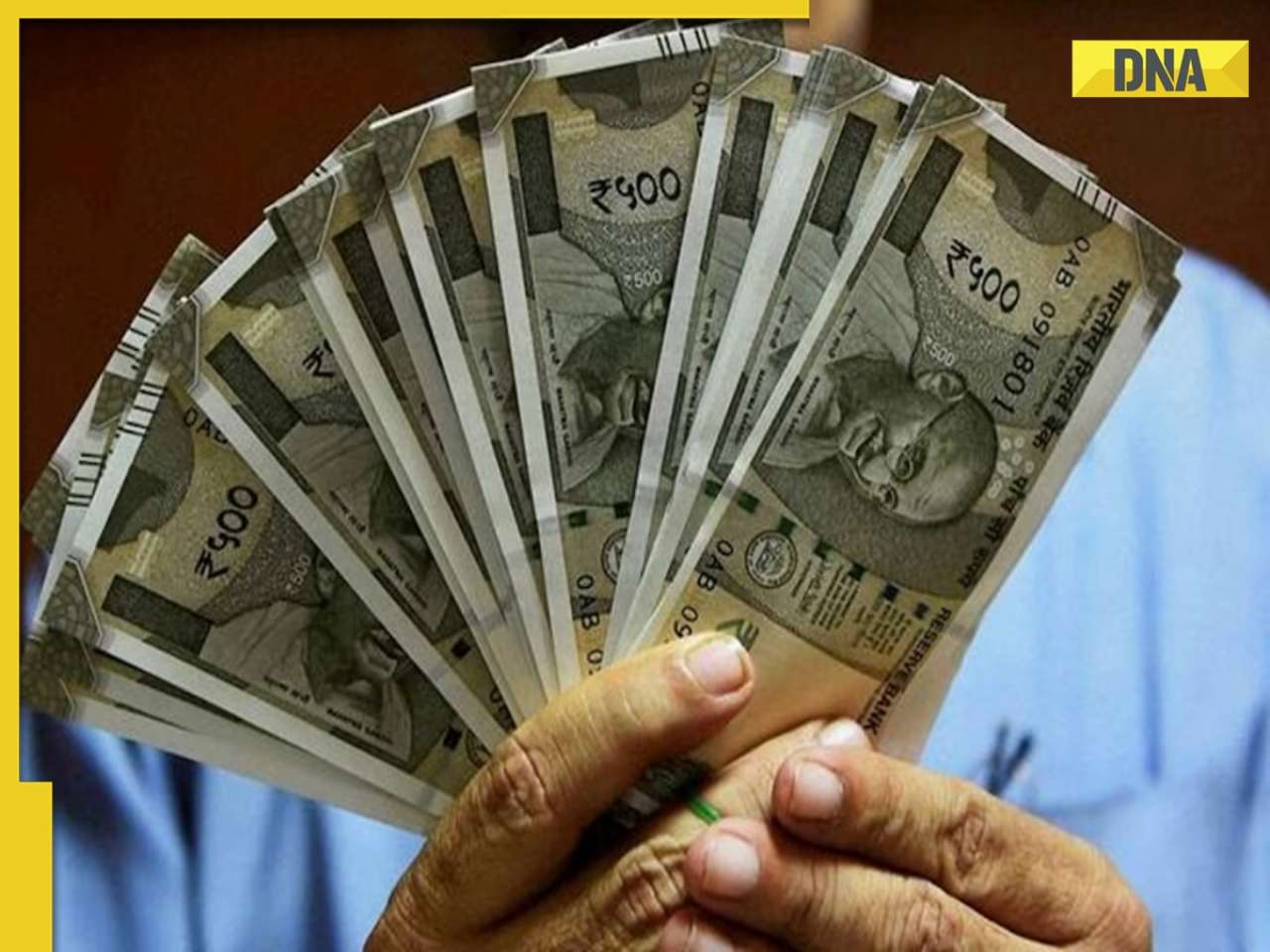





)
)
)
)
)
)
)
)
)
)
)
)
)
)
)
)





